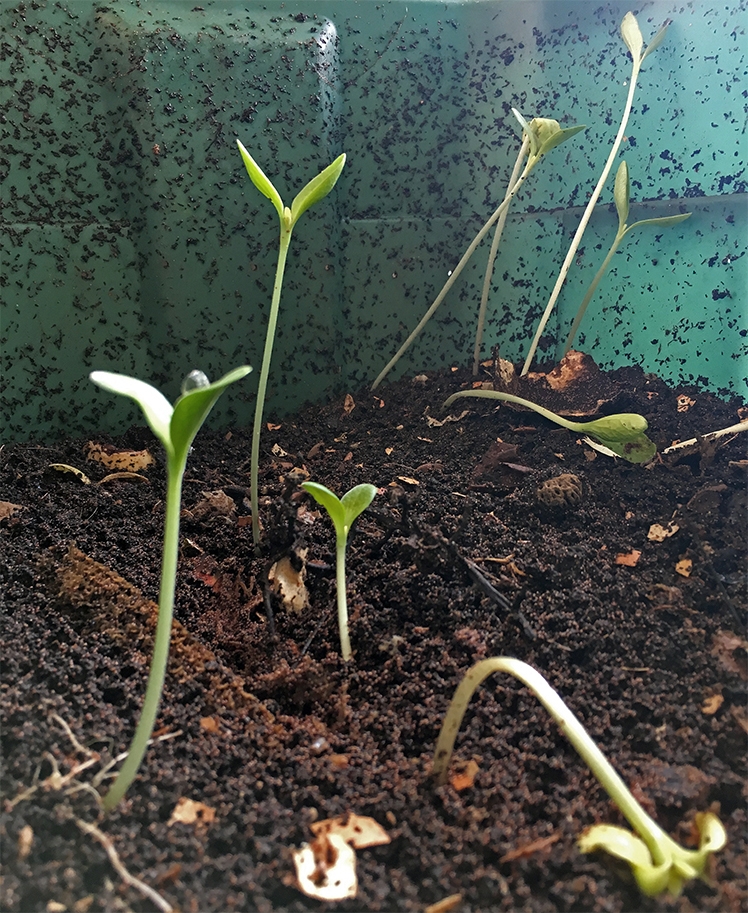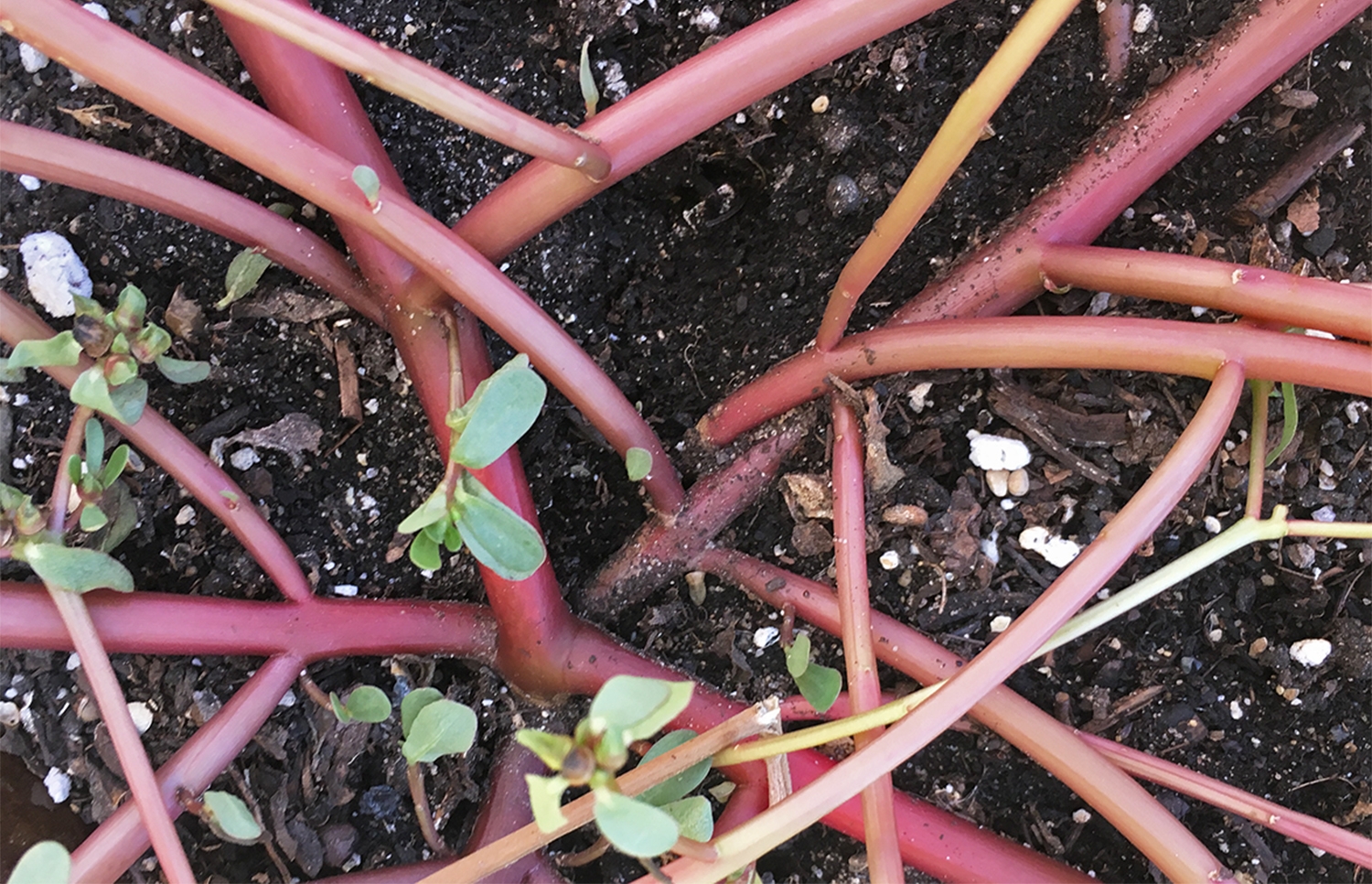Notes on that which grows without us
Urbs en Horto – City in a Garden – that is my town’s motto. To its architects, this was a matter of greenspace and planned esplanades sprinkled throughout the sprawl of a relentless grid. To me, it is more a statement of symmetry, if not synonymity, in the way that gardens and cities alike seek cultivation and abundant growth. Although the etymological roots of “garden” suggests a kind of closing off (gards, Gothic: “enclosure”), the botanical roots of most gardens insinuate with porosity and spread. Perhaps in the age of Goths, castles, and keeps, a city’s guard was always up. But in the Anthropocene, each urban center is a mechanical heart pumping within the vast circulatory system of planetary ecology-turned-economy. In cities things flow in and things flow out as they see fit. None should be forbidden, and all should be welcome. Urbs is ferality over sterility, mobility unbothered with sincerity. Horto is the urging of unfurling, of growth.

This past summer we were gone from our flat for five weeks, June to July. It was prime growing season, but we passed on planting anything in the small garden plot that is our fourth-floor balcony. Why bother? It saved us the guilt of orphaning any green starts, abandoning them just when they were hitting their vegetal adolescence. And so, the planting pots were left helter skelter, half empty with last year’s soil.
At the same time, we couldn’t help but feel neglectful of our compost box. A kind of terrestrial spaceship in its own right, an enclosed ecosystem forty feet above the ground, under the shade of the eave. We fed it a feast right before we left: a half-rotten half-squash, some mango skin, corn cobs, and fruit globs. The worms would have wormed through it all, squeezing it out of their bodies as an eventuality of fine soil. Meanwhile the mites and springtails would chew.
Time passed. While we were in New England I heard it was hot in Chicago, then rainy. Then too dry. Then hot again. Whether the weather, weather or not. I didn’t really give our home a second thought.
Coming back, we expected nothing, maybe some undernourished worms at best. Instead, we found a landscape full up of color, stems, leaves, and roots. The basil, tomatoes, and perilla were certainly from plants we had grown the years prior, without us knowing that they were sowing their seeds. The purslane, wall rocket, mint, and a variety of long-stem grasses, on the other hand, were mysterious. From where and how? Maybe it was thanks to the sparrows that loiter on the balcony rail from time to time, or a ridiculously strong breeze.

The compost was also lush, at least as much as any place sealed in almost complete darkness could be. Mold, yes. But squash seedlings were also sprouting, smooth and lean, their appearance like slender Garden Eels emerging from the sandy bottom of the Red Sea. Looking for food in the form of light, these young plants were growing from what their parents had left, their very selves turned in to soil. The compost is its own garden, and its own city: the worms and springtails, nematodes and ants, mites and mold, all citizens. Things flow in, corn cobs and fruit gobs; things flow out, alive.

The city is a garden, the garden a city, but regardless the fact remains: Plants will always plant themselves and self-cultivate, with or without us. Long after the last city or final garden, the plants will still be here. The balcony is simply a reminder of what we should already know — the weeds shall inherit the Earth.
Image credits (from top):
1. Clockwise from the top left: Purslane, wall rocket, tomato, and a wild grass. Image by Andrew Yang.
2. Dispersals (2018). Transformation and transportation; compost mites and purslane seeds. Image by Andrew Yang.
3. Seedlings in the compost. Image by Andrew Yang.
4. Tenacity of the sprout. Image by Andrew Yang.
This is part of The Learned Pig’s Tuin Stemmen (Garden Voices) editorial season, autumn-winter 2018/19. Guest editor: Marloe Mens.

